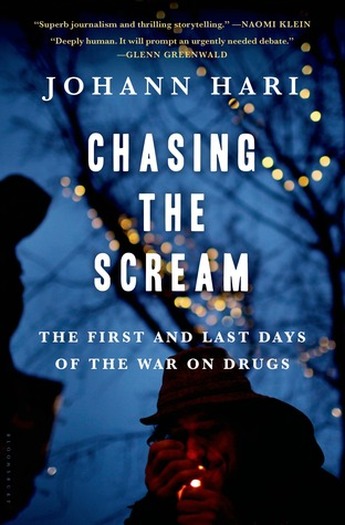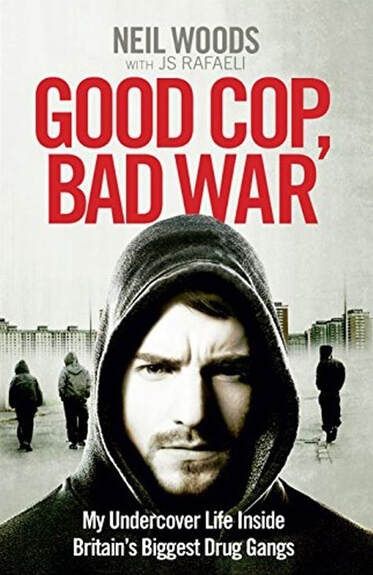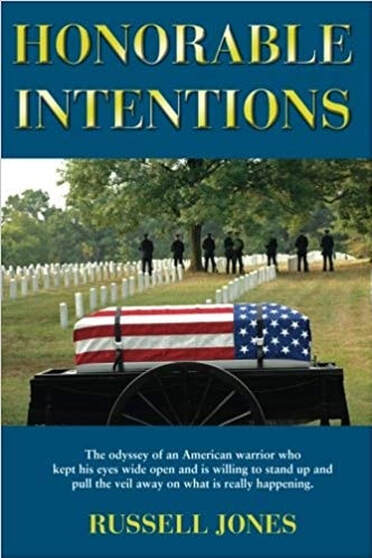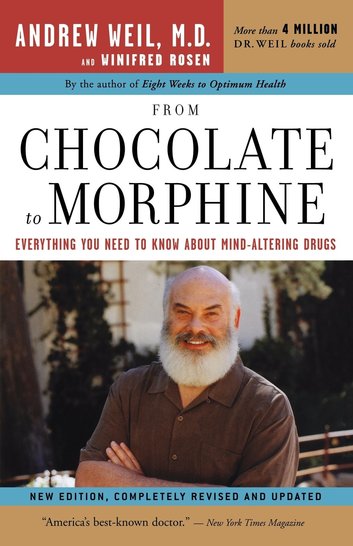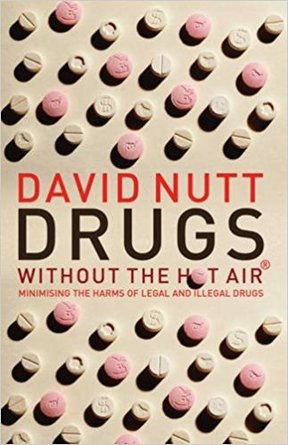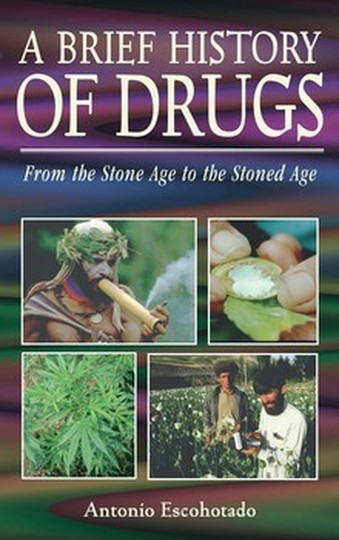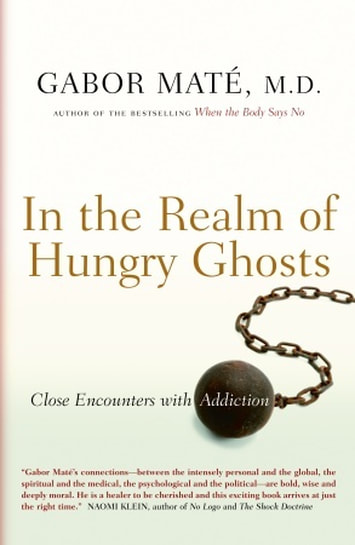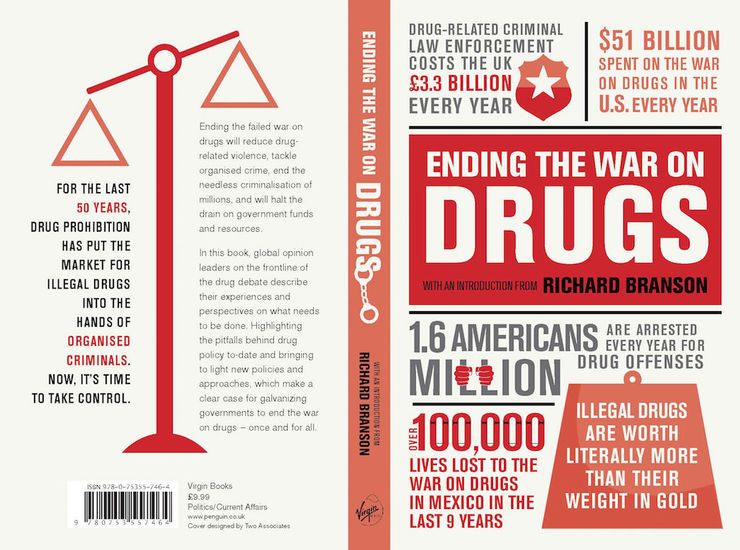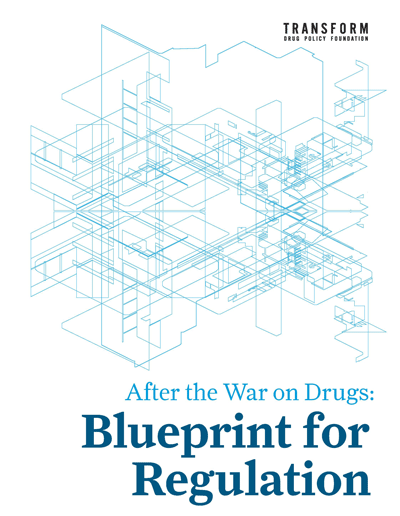Books
These are all informative and honest, easy-to-read titles, and make great introductions to the topics they cover.
|
"Wouldn't it be better to spend our money on rescuing (neglected and abused) kids before they become addicts than on jailing them after we have failed?" - Johann Hari (p.167)
|
Chasing the Scream:
The First and Last Days of the War on Drugs by Johann Hari
2015, 300 pages Follow a journalist's journey to understand addiction and the impact of a century fighting the modern war on (some) drug users. Hari navigates the history and research, visiting nine countries to interview key people, big and small, in the drug prohibition story so we can finally learn from our past and switch to a system that heals instead of harms. A new 2019 edition is available called Chasing the Scream: The Opposite of Addiction is Connection. ChasingTheScream.com Read the first chapter at SBS.com.au. Preview available at Google Books, OverDrive.com,& Amazon. |
|
Good Cop, Bad War:
My Undercover Life Inside Britain's Biggest Drug Gangs by Neil Woods, JS Rafaeli
2016, 312 pages A view of Prohibition from an undercover police officer tasked with infiltrating and bringing down England's drug networks. From the early 90s to 2000s Woods was a street performer playing the desperate addict looking for his next fix. His experience is an engaging dive into a dangerous role the endless War on Drug Users forces upon those tasked with fighting it. Borrow from the Internet Archive. Read the first 3 chapters at OverDrive.com. Shorter preview available at Amazon.co.uk. |
"But with the drugs trade, one very quickly learns that taking out one organized crime group just leaves a vacuum to be instantly filled by another, or even more worryingly, a power struggle between several competing gangs." (p.188)
|
“One afternoon, I was notified, with excitement on the part of my host, that I was invited to attend an execution of nine drug dealers. I declined to attend the ceremonies, but learned the death penalty wasn't unusual for drug offenders. As strict as the laws and punishment were in China, prohibition wasn't working there either.” (p.248)
|
Honorable Intentions:
The Odyssey of a American Warrior who Kept his Eyes Wide Open and is Willing to Stand Up and Pull the Veil Away on What is Really Happening by Russell Jones
2012, 278 pages The autobiographical story of a pilot who learned the lessons of fighting endless wars the hard way. Jones makes it through the War on Communism in Vietnam – his once firm faith in the US and its war efforts now shaken – only to dive into Nixon's War on People Who Use Drugs Other Than Alcohol, Tobacco, Caffeine, and Pharmaceuticals. While similar but not as thrilling a read as Good Cop, it's better suited for Christians, PG-13 level language, and those interested in Vietnam War parallels. Website and Prologue at HonorableIntentionsByRussellJones.com. Preview available at Amazon. |
|
From Chocolate to Morphine:
Everything You Need to Know About Mind-Altering Drugs by Andrew Weil & Winifred Rosen
2004 edition, 265 pages The best primer covering non-medical use of drugs and addiction that's not a textbook (and all the textbooks cite it). Provides the most relevant introductory info on a variety of drugs along with testimonials from people who've used or been addicted to them. Preview available at Google Books & Amazon. Borrow from the Internet Archive. |
“Drugs are here to stay. History teaches that it is vain to hope that drugs will ever disappear and that any effort to eliminate them from society is doomed to failure... The drug laws are directly responsible for creating ugly and ever-widening criminal networks that corrupt society and cause far worse damage than the substances they distribute.” (p. 1)
|
Drugs Without the Hot Air:
Minimising the Harms of Legal and Illegal Drugs by David Nutt
2012, 300 pages Great discussion of many important topics regarding drugs, their prohibition, and details how the policies in the U.K. & U.S. repeatedly conflict with the science. Preview available at Scribd & Amazon. Borrow from the Internet Archive. |
"When the Advisory Council on the Misuse of Drugs recommended that ecstasy be downgraded to Class B in 2008, the government made it clear that no matter what the evidence indicated, they were not going to consider any reduction in the Class A status of Ecstasy." (p.20)
|
A Brief History of Drugs:
From the Stone Age to the Stoned Age by Antonio Escohotado
1999, 160 pages Valuable perspective into the discovery and use of drugs across human history, past failures at prohibitions up to the 20th century attempts at a "drug-free world." Preview available at Amazon. Borrow from the Internet Archive, original Spanish editions 1989, 2007. |
"Even though the Volstead Act made more than half a million people criminals, it did not result in the conviction of the big producers or traffickers in alcoholic beverages; we must remember that Capone was not convicted as a smuggler or an owner of illegal establishments, but for fiscal fraud. With hired killers and corrupt lawyers in his service, amply supported by some politicians, the heads of these enterprises remained outside the reach of the law." (p.84)
|
In the Realm of Hungry Ghosts:
Close Encounters with Addiction by Gabor Maté
2008, 420 pages A look into the lives most consumed by addictions of all kinds and the effects of trauma. Dr. Maté shares his experiences attempting to help his patients overcome their drug addictions as well as his own struggle with over-working and a problematic shopping habit. Read the introduction and first chapter at Dr. Maté's website. Preview at Google Books & Amazon. Borrow from the Internet Archive. |
|
10 min clip from interview with Dr. Maté:
Full interview here. Many hours of his talks surrounding the book and on addiction are freely available on Youtube and cover a lot of the ideas and anecdotes found in Hungry Ghosts.
|
|
"Fundamentally, the War on Drugs is doomed because neither the methods of war nor the war metaphor itself is appropriate to a complex social problem that calls for compassion, self-searching insight and factually researched scientific understanding. The pertinent question is not why the War on Drugs is being lost, but why it continues to be waged in the face of all the evidence against it." (p.283)
Ending the War on Drugs
2016, 188 pages
Introduction by Sir Richard Branson - founder of Virgin Group, philanthropist
Essays from:
Ernesto Zedillo - economist, Mexican President, 1994-2000
Fernando Henrique Cardoso - sociologist, Brazilian President, 1995-2002
Carl Hart - researcher, author, professor of neuroscience and psychology
Ruth Dreifuss - Swiss President, 1999, Head of the Federal Dept. of Home Affairs, 1993-2002
Olusegun Obasanjo - former army general, Nigerian President, 1999-2007
César Gaviria - economist, Columbian President, 1990-94
Anand Grover - senior lawyer, UN Special Rapporteur on the Right to Health, 2008-14
Michel Kazatchkine - physician, director of The Global Fund to Fight AIDS, 2007-12
Nick Clegg - author, Deputy Prime Minister of the UK, 2010-15
George Soros - investor, business magnate, philanthropist, author
Pavel Bém - Czech physician, Mayor of Prague, 2002-10
Peter Dunne - New Zealand Member of Parliament, 1984-2017, Associate Minister of Health, 2005-08
An impressive collection of world leaders, many of them members of the Global Commission on Drug Policy, bring their voices together to speak out against drug prohibition and call for reform. Each of their brief essays highlight their individual reasons for opposing the war on drugs and how it has personally affected them and their countries.
Read the Introduction at Virgin.com or preview at Amazon.
Introduction by Sir Richard Branson - founder of Virgin Group, philanthropist
Essays from:
Ernesto Zedillo - economist, Mexican President, 1994-2000
Fernando Henrique Cardoso - sociologist, Brazilian President, 1995-2002
Carl Hart - researcher, author, professor of neuroscience and psychology
Ruth Dreifuss - Swiss President, 1999, Head of the Federal Dept. of Home Affairs, 1993-2002
Olusegun Obasanjo - former army general, Nigerian President, 1999-2007
César Gaviria - economist, Columbian President, 1990-94
Anand Grover - senior lawyer, UN Special Rapporteur on the Right to Health, 2008-14
Michel Kazatchkine - physician, director of The Global Fund to Fight AIDS, 2007-12
Nick Clegg - author, Deputy Prime Minister of the UK, 2010-15
George Soros - investor, business magnate, philanthropist, author
Pavel Bém - Czech physician, Mayor of Prague, 2002-10
Peter Dunne - New Zealand Member of Parliament, 1984-2017, Associate Minister of Health, 2005-08
An impressive collection of world leaders, many of them members of the Global Commission on Drug Policy, bring their voices together to speak out against drug prohibition and call for reform. Each of their brief essays highlight their individual reasons for opposing the war on drugs and how it has personally affected them and their countries.
Read the Introduction at Virgin.com or preview at Amazon.
"The other deleterious consequence of criminalisation of drug use is that millions of people worldwide who require essential medicines, like morphine, for treatment and palliative care are unable to access them. This is a direct consequence of excessively restrictive sanctions instilling fear in the medical community of falling foul of the law. The lack of access is particularly acute in developing countries. While over 90% of all legally controlled medicines is consumed in North America and Europe, 70-90% of patients who require these essential medicines in developing countries do not have access to them." - Anand Grover in his essay, “The War on Drugs: A Violation of Human Rights” (p. 74-75)
|
After the War on Drugs:
Blueprint for Regulation by Stephen Rolles & Transform
2009, 215 pages In the space between the polar ends of war on drug users and free-market commercialization there are a variety of options and strategies for better controlling drugs. This book explores those strategies and discusses the questions that need answering when designing a post-prohibition regulatory system that minimizes overall harm and respects human rights. |
Read for free (PDF), Spanish (PDF)
2-page introduction (begins at "Consensus is growing...") 19-page summary (PDF) Webpage |
"Long term systemic failure on its own terms: the UN drug agencies' self proclaimed goal of 'a drug-free world' is, by its own admission, further away than ever. UNODC rhetoric now talks more about 'containment' than 'eradication', but even this position is unsustainable in light of deteriorating outcomes on almost all meaningful measures. " (p.172)
A more lengthy selection of titles can be found at the Erowid Book List and our Library. There's also plenty to read freely accessible in the Schaffer Library of Drug Policy, including full books and chapters from older titles.
